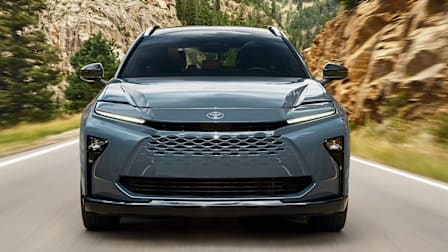18 Cars Lose Consumer Reports' Recommendation Due to Reliability Issues
New models from Cadillac and Ford are now CR Recommended, while cars from Chevrolet, Hyundai, and others lost our recommendation

For the 2026 model year, 14 cars from BMW, Cadillac, Chevrolet, Ford, Lincoln, Nissan, Toyota, and Volkswagen have had reliability improvements and earned our recommendation.
Also for this year, we’ve removed our recommendation of 18 cars because, according to our 2025 Auto Survey of more than 380,000 vehicles, we have identified these models as having reliability that is below average.
How Reliability Affects Scores
To predict reliability, Consumer Reports averages each car’s overall reliability score for the newest three model years—as long as the vehicle didn’t change significantly in that time, and hasn’t been redesigned for the most recent model year. If the car was redesigned within that three-year time frame, or if there is insufficient data for some years, we may only use one or two years of data. When we have small sample sizes of owner responses for a specific model, we may use brand history and the reliability of similar models that may share major components.
To earn a Consumer Reports recommendation, a car must have an Overall Score that is high enough within its vehicle category, a number threshold that varies depending on the category. The Overall Score accounts for a vehicle’s performance in our road tests, the latest reliability and owner satisfaction results from CR’s surveys, and the availability of frontal crash-prevention systems.
When available, we also factor in crash-test results and other safety reviews conducted by the Insurance Institute for Highway Safety. We deduct points if a vehicle’s transmission gear selector lacks fail-safes, and we add or deduct points depending on whether the tested vehicle’s driver assistance systems provide adequate driver monitoring. Every vehicle Consumer Reports tests and rates is purchased from a dealership, but our own vehicles do not have any bearing on our survey data and reliability ratings.




